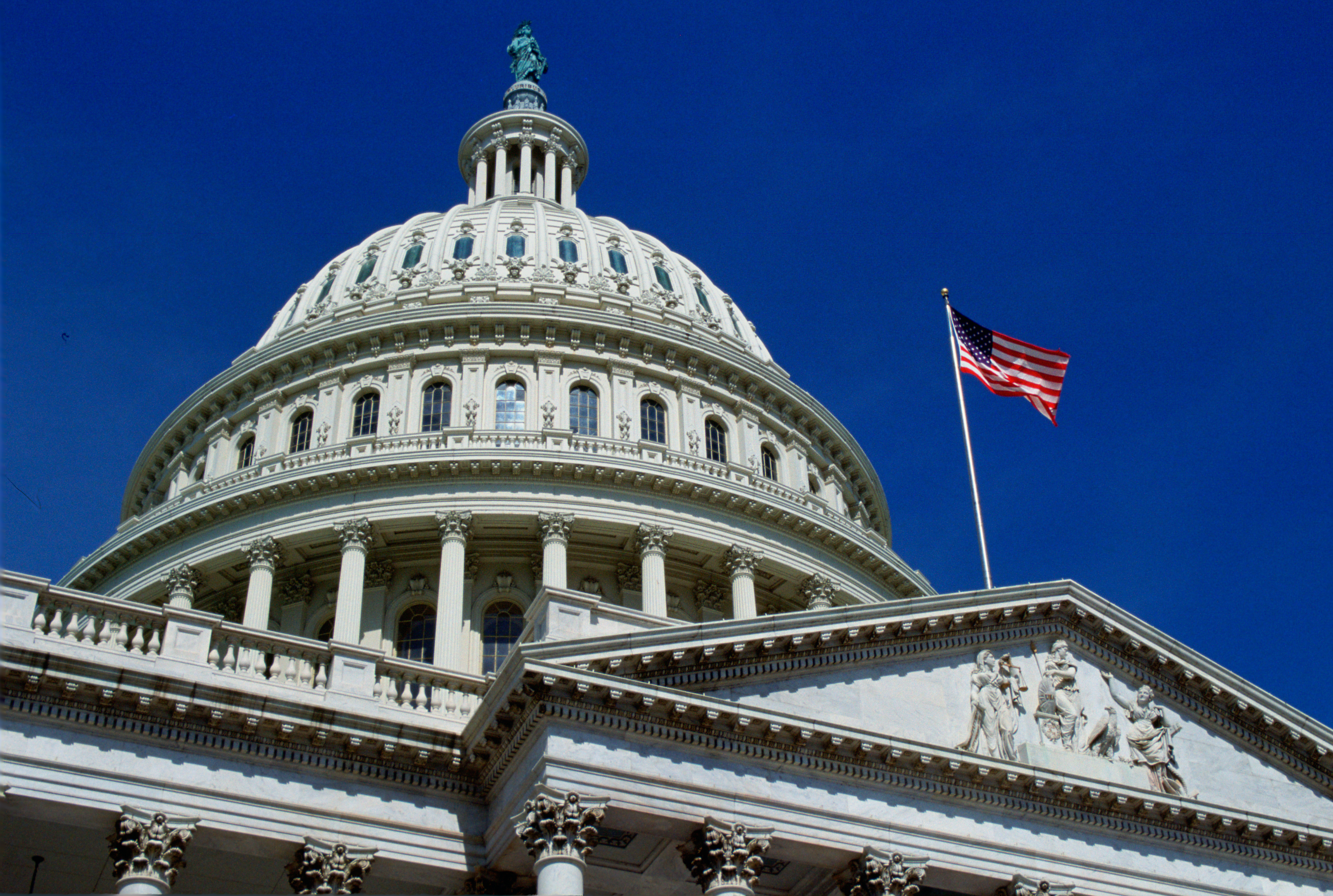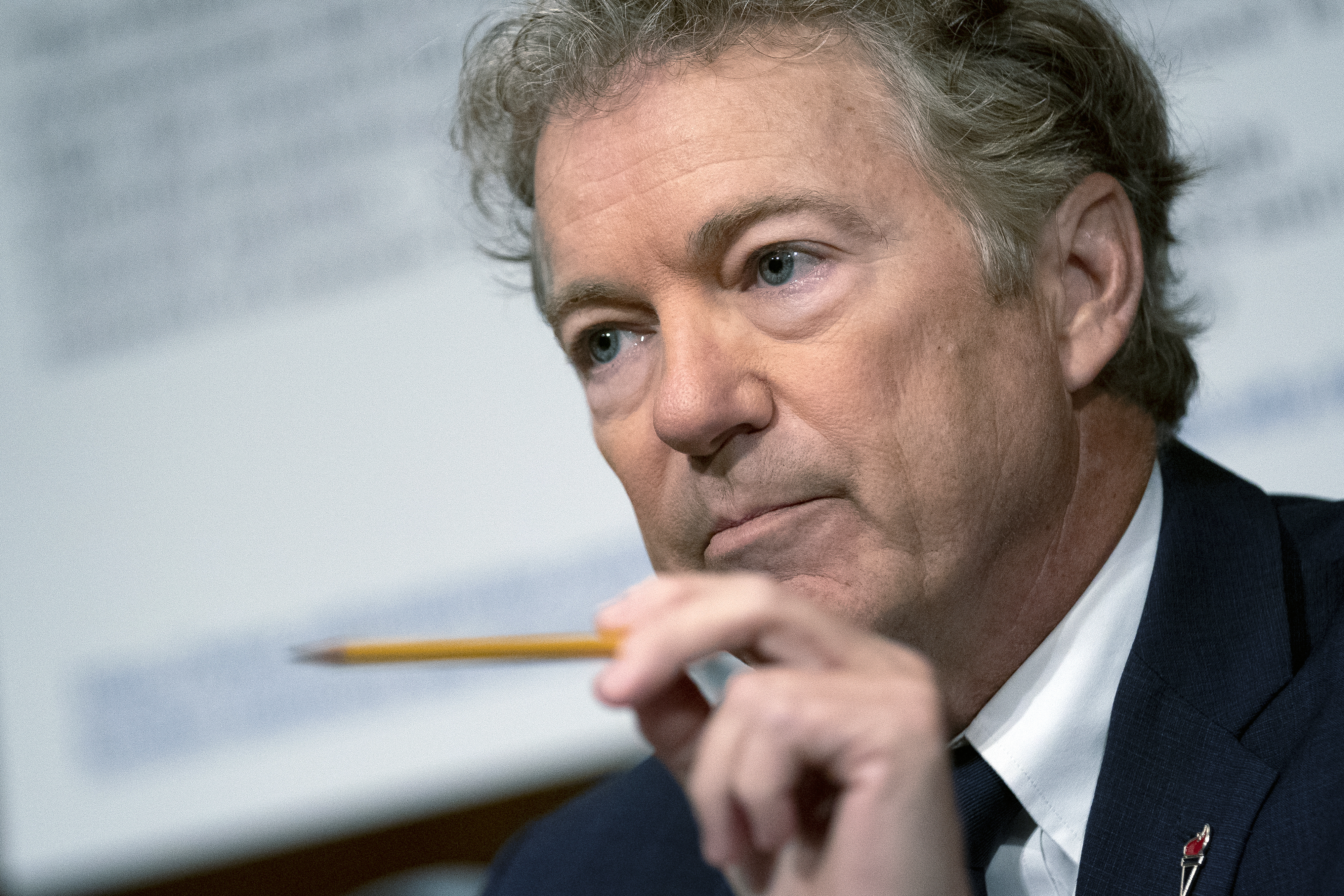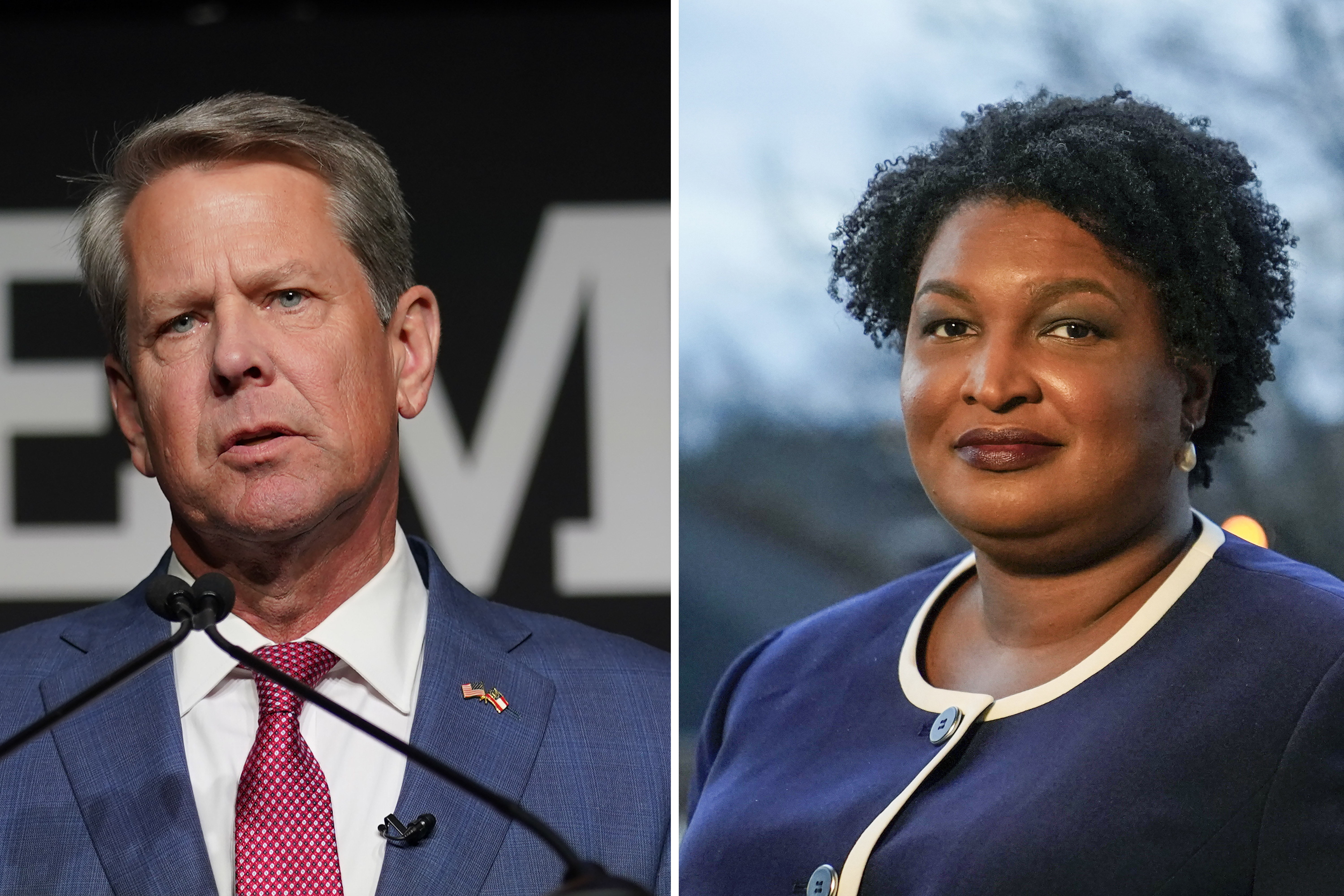Illinois Gov. J.B. Pritzker said his election night phone call with his opponent Darren Bailey was a short one.
"He said very few words," Pritzker told reporters Wednesday, one day after securing his second term in office.
Bailey, who conceded to Pritzker Tuesday evening following his projected loss, confirmed that he had called the governor moments before addressing his supporters.
"I just spoke to Governor Pritzker and congratulated him on his win tonight," Bailey said.
Here's how Pritzker said the call went.
"I got on the phone... I said, 'Senator Bailey,' he said, 'Governor, I want to congratulate you.' And I said, 'Well, thank you very much. That's very kind of you.' And he said, 'Okay, then.'"
That wasn't the only congratulatory call Pritzker had Tuesday.
He also received one from President Joe Biden.
"I got a nice call from President Biden congratulating me on our victory, reaffirming his belief that we've really been imaginative and effective at using federal dollars here in Illinois to get big things done for the people of Illinois, for working families," Pritzker said. "And he talked about all that on the call. And it was a nice call. Really just a congratulatory call from the president."
Pritzker cruised to a win to secure a second term in office Tuesday, but his victory speech quickly drew speculation over whether he plans to seek a higher office - a presidential one.
Feeling out of the loop? We'll catch you up on the Chicago news you need to know. Sign up for the weekly> Chicago Catch-Up newsletter.
Touting a victory for women's rights and warning against conservative extremism, Pritzker challenged Illinois voters with a message of "Are you ready to fight?" in a speech that some believe could be a hint his sights are set beyond Springfield.
Speculation over a potential presidential run has been ongoing for months in the lead-up to the election.
The Illinois governor has notably been raising his national profile in recent months, with a trip to New Hampshire fueling a number of questions ahead of Illinois' primary election in June.
But in post-election remarks Wednesday, Pritzker denied mulling a presidential run, instead saying "I am focused on serving as governor for the next four years."
Pritzker said that as long as Biden plans to seek reelection he looks "forward to supporting him."
"I look forward to hopefully getting the convention here in Chicago so that we can re-nominate him and reelect him," he said.
Pritzker, who defeated incumbent Bruce Rauner in the 2018 election, will be sworn in for a second term in office in 2023, along with Lt. Gov. Juliana Stratton, after defeating Bailey and Republican Lt. Gov. candidate Stephanie Trussell.
In a speech to supporters, Bailey said he will "never stop listening to your voices."
"I may not be going to Springfield as your next governor, but I will never stop fighting for you," Bailey said.
Pritzker poured millions of dollars of his personal fortune into the race, touting his record on improving Illinois’ economic outlook while balancing the state’s budget and paying off its backlog of bills.
The governor also emphasized his administration’s work in protecting abortion access rights in the aftermath of the Supreme Court decision overturning the Roe v. Wade precedent.
The latter argument was made forcefully by Pritzker’s campaign to cast Bailey as a conservative extremist that would strip Illinois women of their access to the procedure, with Bailey previously stating he did not support abortion, even in cases of rape or incest.
Bailey was also criticized for comparing abortion to the Holocaust, and was painted as too conservative for Illinois voters after receiving the endorsement of former President Donald Trump.
For his part, Bailey received significant financial backing from billionaire Dick Uihlein, who poured at least $50 million into political action committees that ran a series of attack ads against Pritzker.
Those ads largely focused on issues of crime in Illinois, with Pritzker’s administration blasted for its support of the “SAFE-T Act,” which Bailey argued would cause thousands of criminal defendants to be released from prison on “non-detainable offenses.”
Bailey also criticized Pritzker’s handling of the COVID-19 pandemic, having filed suit against the governor’s “stay-at-home” order in 2020. He argued that Pritzker was a “thief” that had robbed children of “precious memories” with his administration’s emphasis on virtual learning during the pandemic.




